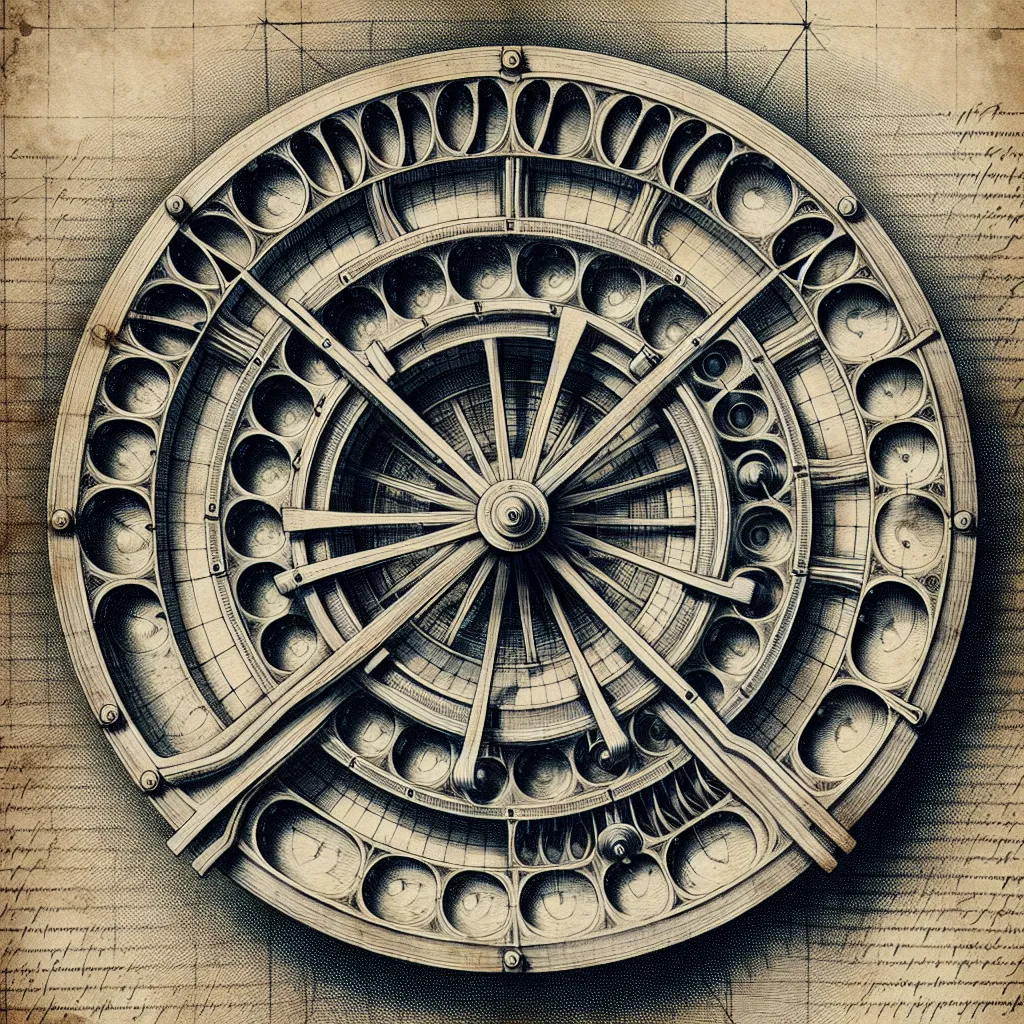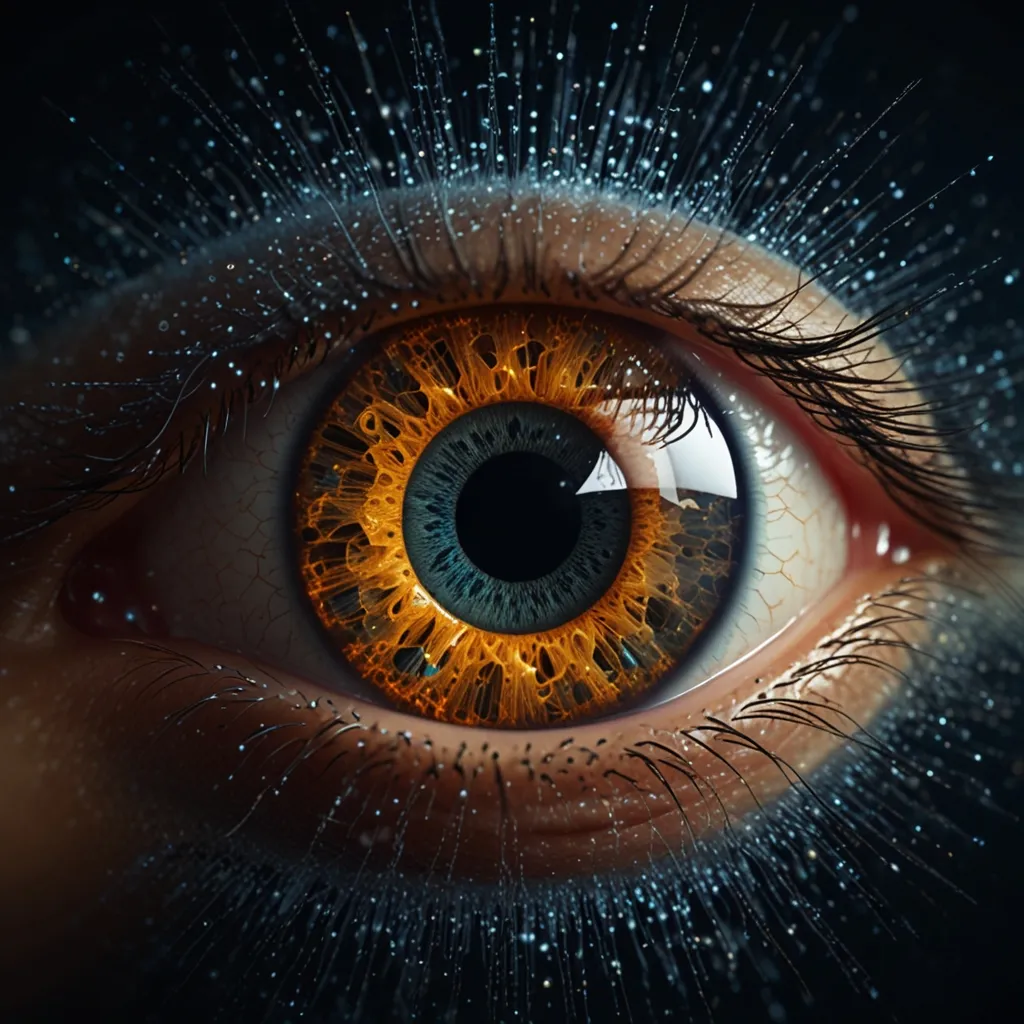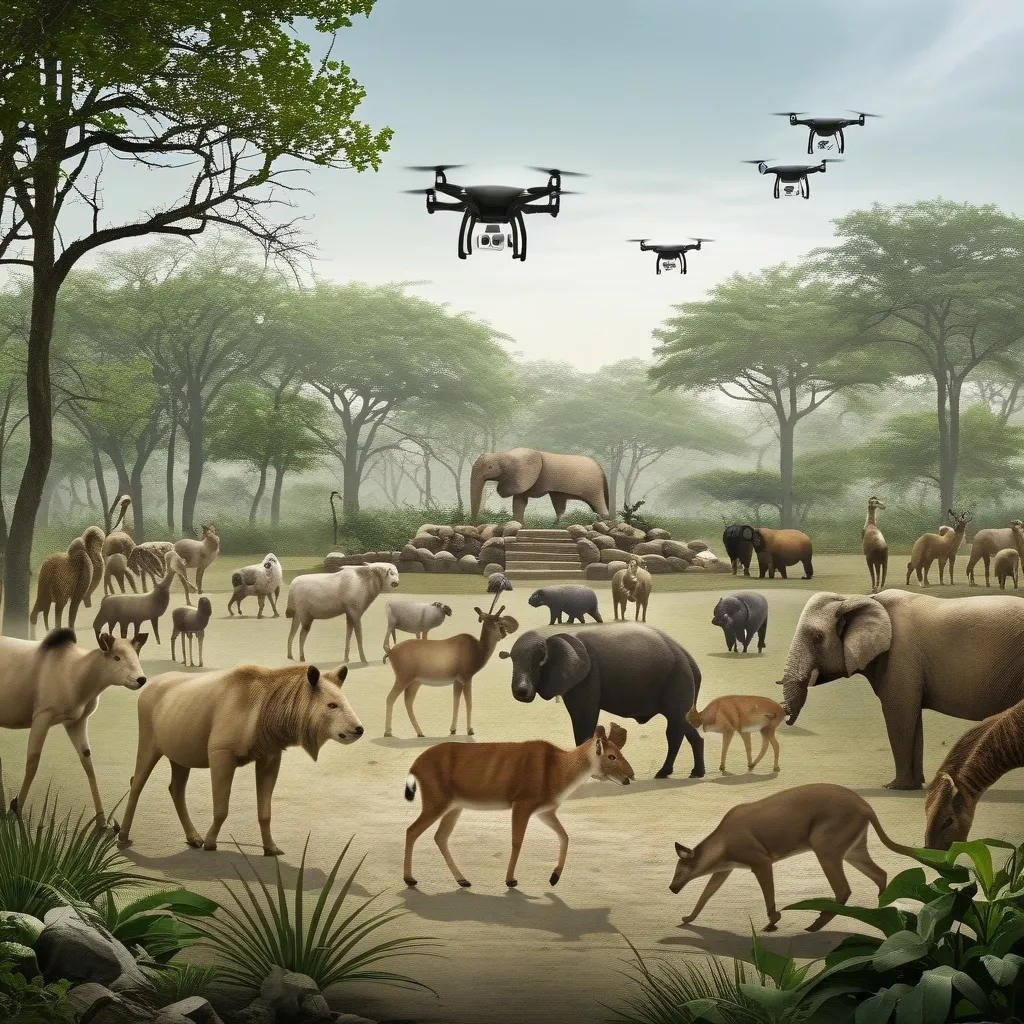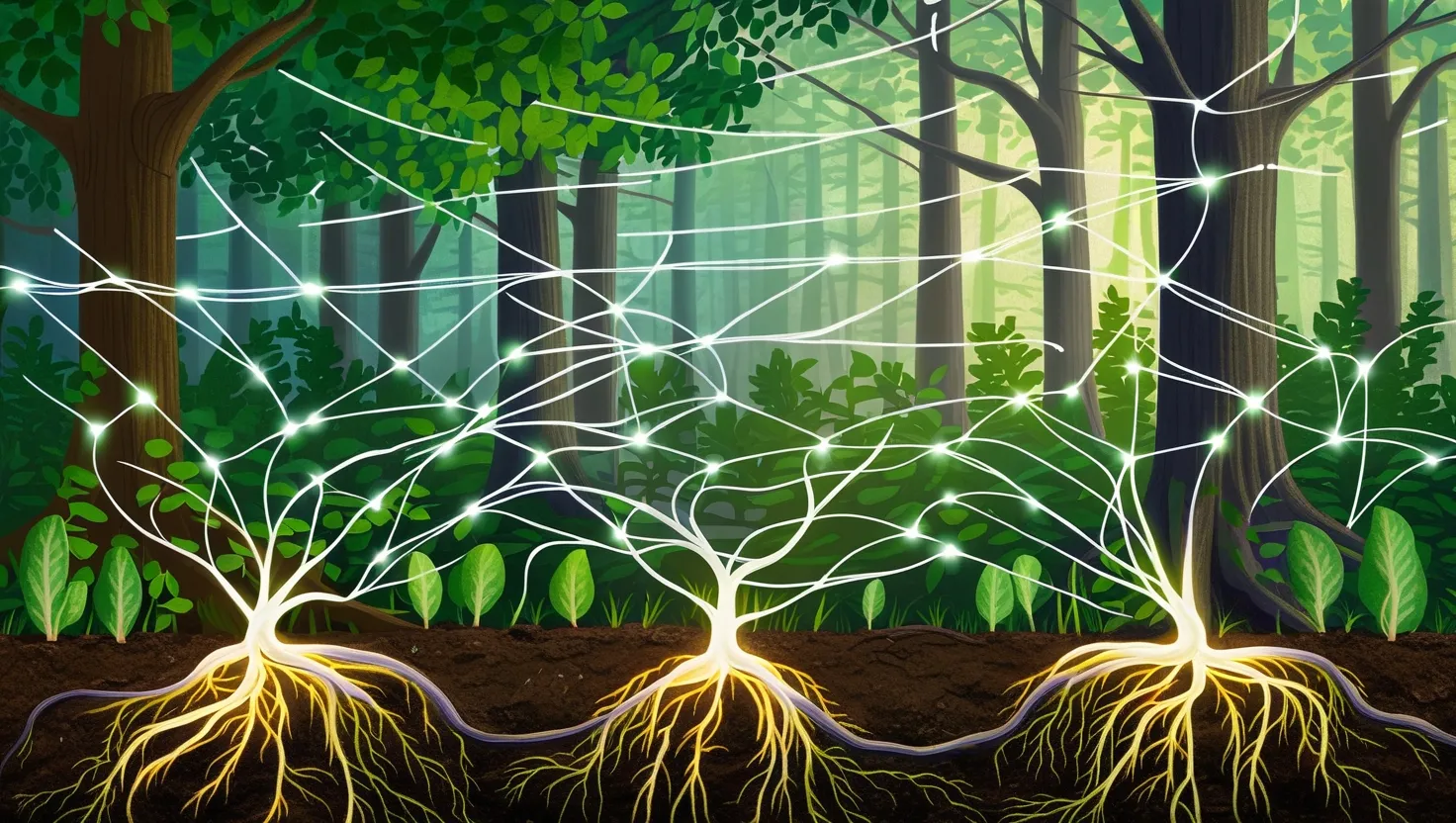Power. That’s the first word that comes to mind. We modern technologists are sitting on heaps of data, and that gives us immense power. This power reminds me of that iconic scene in Apocalypse Now, where a fleet of helicopters, backed by thrilling, loud music, storms through the sky. It’s at moments like these that I feel the same kind of overwhelming power in our data-driven world.
Imagine what we can accomplish with just a single person’s data. By analyzing their financial records, we know if they’re reliable enough for a loan. Their medical history can reveal how safe it is to offer them insurance. Your clicking habits on my website? I’ve got you figured out before you even make the next move. You’re like a poker player with obvious tells.
But let’s pause for a moment. This isn’t about what we can do; it’s about what we should do. Why even care about the ethically right thing to do? We’re just building stuff; someone else is using it. But that’s a cop-out, an excuse. Let’s take a thoughtful trip back to World War II. Some of the brilliant physicists who studied nuclear fission and fusion, much like we handle data today, grappled with these ethical dilemmas. They didn’t just build; they thought deeply about the implications of their creations.
So, what should we do with data? Should we gather it to enhance online experiences or monetize it, or should we respect privacy and leave it untouched? How do we decide? Let’s crowdsource this.
Simple question first: iPhone or Android? Show of hands. Mostly iPhones, huh? Now, how about this: Should we collect data to improve experiences and protect against threats, or should we leave people alone? Tougher, right?
Let’s get deeper. Should our moral decisions be guided by Kant’s deontological principles or Mill’s consequentialism? Less of a clear majority now. It’s alarming that we have stronger opinions about smartphones than our ethical frameworks.
We usually know right from wrong because we’re taught that way, but we need a dependable moral framework for our professional decisions. Enter Plato. He posited something grand: what if ethics had the same objective truths as math? Just like 2 + 2 = 4, there could be absolute truths about justice and morality.
But maybe Plato’s idea isn’t practical. Enter Aristotle, who argued for using our best judgment in each situation rather than looking for absolute truths. Or perhaps we could follow John Stuart Mill’s utilitarianism, calculating which actions bring the maximum pleasure and minimum pain.
Yet maybe it’s not about calculations or abstract forms but about intrinsic rights and duties. Kant argued that some actions are inherently wrong, regardless of the outcomes, and we should always follow rational moral laws.
But philosophy is a maze, and we don’t have all day. What’s the answer? Reality check: there’s no simple formula. Ethics demands deep thinking, a responsibility nobody can outsource to algorithms or machines.
Reflect on the last tough decision you made. How did you come to it? Gut feeling, a vote, or perhaps more systematic evaluations? Such introspection is the first step toward responsible decision-making.
Next, share your decision-making process with someone from a different background—reach out to artists, writers, or philosophers. This interdisciplinary dialogue can enrich our ethical considerations.
Picture sharing this with a musician friend who might remind you of the operatic overtones of our tech revolution, rooted in good versus evil narratives. We deeply care about these battles, whether on stage, in films like Apocalypse Now, or within our tech world.
We wield unprecedented power, and it’s up to us to decide how to use it. And that’s the exciting part—we are the authors of this technological opera. How it ends is entirely up to us.






